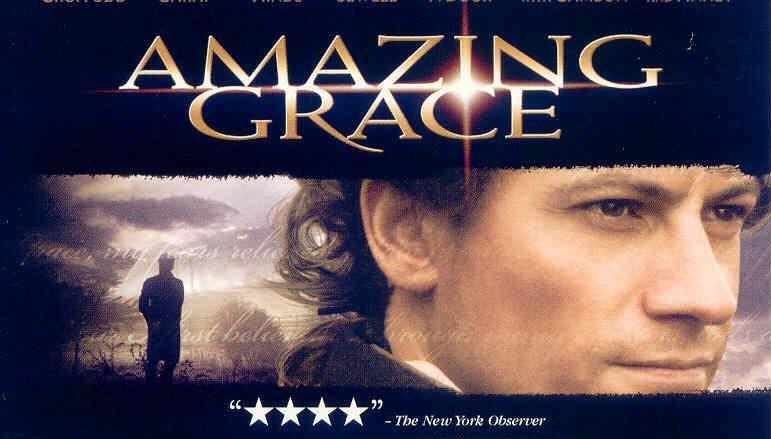Bagpipes Amazing Grace is a beautiful Christian hymn that continuously inspires millions of people for many generations today. Interestingly, the composer, John Newton, was from the 17th century who was a slave trader turned pastor. He wrote the poem based on his personal experience as his life was a series of inexplicable coincidences and events. Later, he recognized that everything that had happened to him was the work of God. When he was a slave trader, a furious storm ripped apart their ship. Everyone on the ship thought it was their end, but Newton asked for God’s mercy. Their survival from the storm was a miracle that Newton took the event as his spiritual conversation which changed his whole life.
The song, Amazing Grace is now famously associated with bagpipes and it is always performed using this instrument. The familiar and traditional melody was enhanced by other people through the centuries. The melody is believed to be of Scottish or Irish origin. Today, the song became a symbol of the Christian movement and a representation for the United States as a country involved in the greatest political and spiritual experience of all time.
Here are some fascinating facts that you may not know about the song, Amazing Grace:
Amazing Grace was composed by Newton on January 1, 1773 as his New Year’s sermon. In this sermon, Newton passionately shared how God saved him even though he was a wretch.
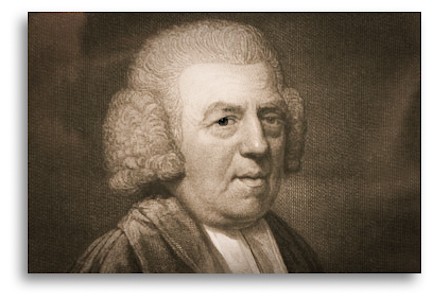
Harriet Beecher Stowe, added these lines to the song: “When we’ve been here ten thousand years, Bright shining as the sun, we’ve no less days to sing God’s praise than when we’d first begun.
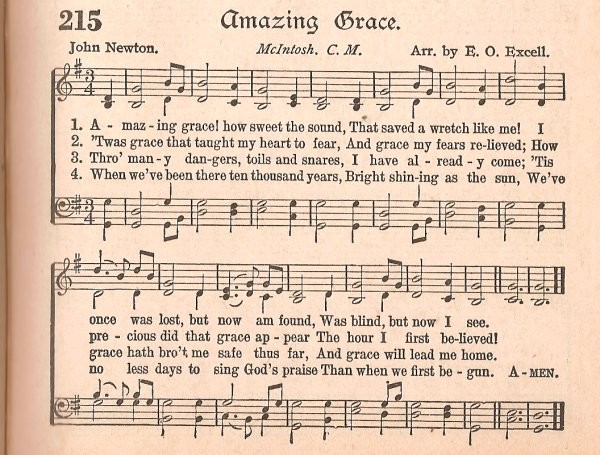
In 1985, Joan Baez held a concert dedicated to raise funds for the victims of hunger in Africa. The concert successfully earned millions for this cause.

The Wisdom Sisters was known to be the first to record the song in 1926.
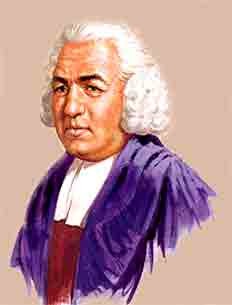
Amazing grace was known to have 972 different musical arrangements and over 3200 recordings.
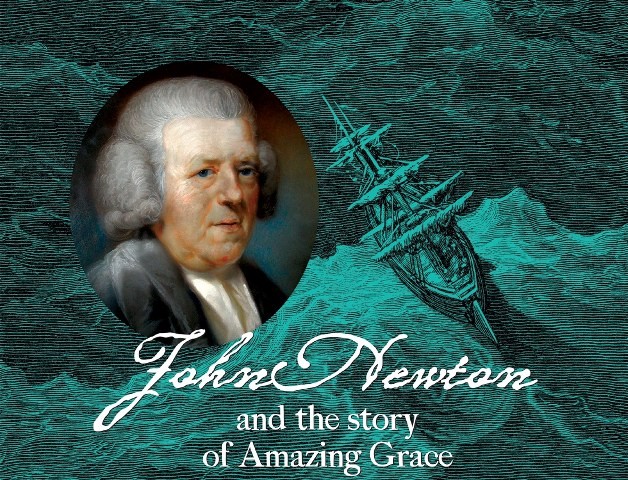
The British Slave Trade had successfully ended in 1807. It was the same year when Newton died.
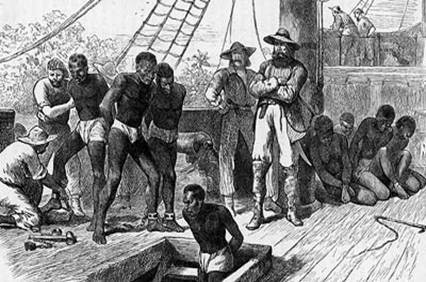
Edwin Othello Excell, added the lines: “When we’ve been there ten thousand years” in 1909.
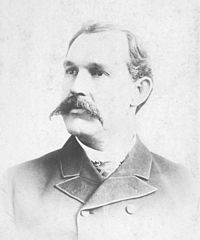
Cherokee Nation considered Amazing Grace as their national anthem.

In the mid 1970’s, a survey was held to British teenagers to check their understanding of the song. It was found out that most of the young people thought that Amazing Grace was a love song for a girl called, Grace.

Newton coached William Wilberforce to lead and end the British slave trade.
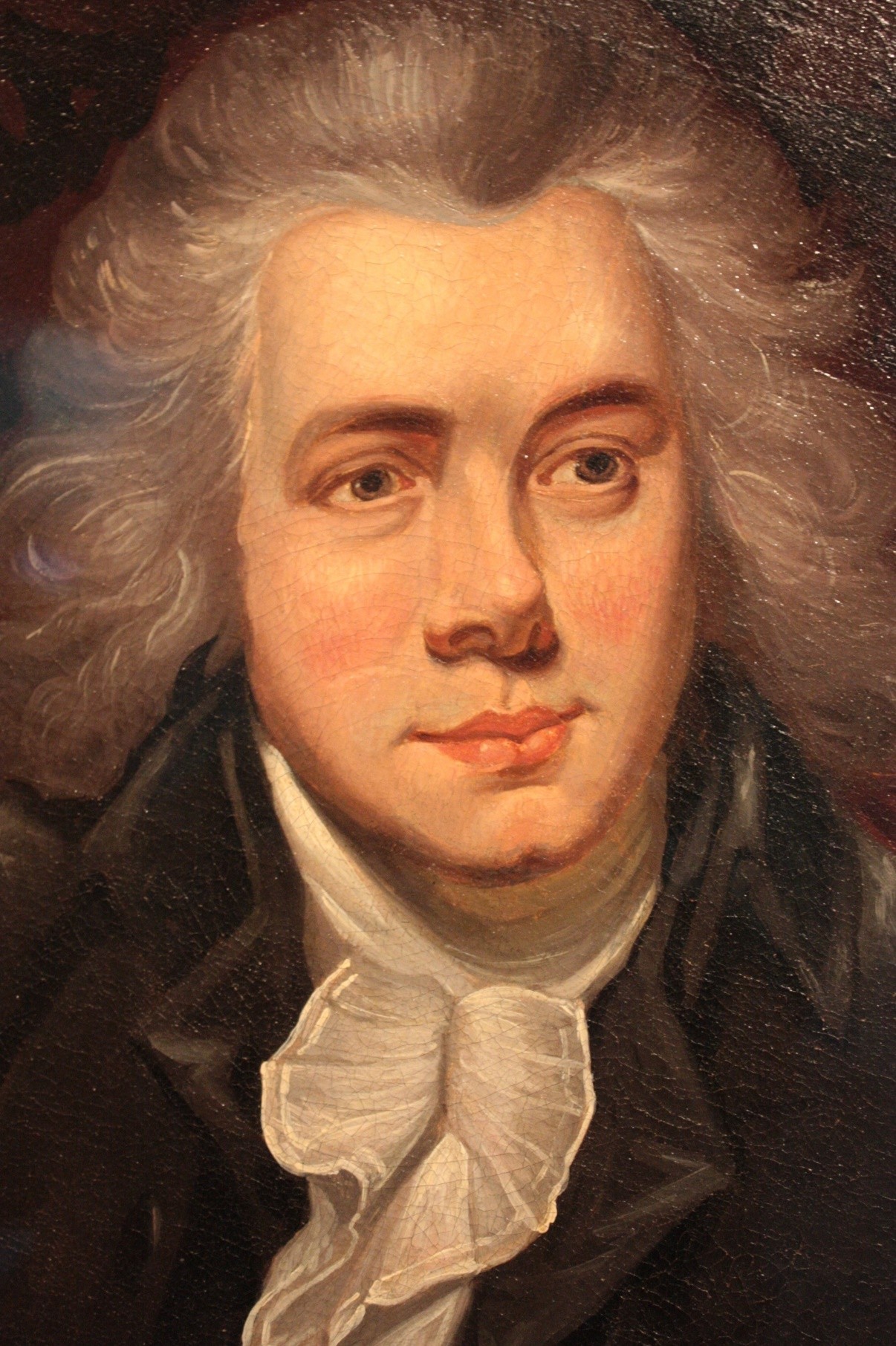
A movie entitled, Amazing Grace portrays the life story of William Wilberforce. The movie shows how Wilberforce was influenced by Newton to dedicate his life to God and use his political influence to abolish slavery and promote moral revolution.
